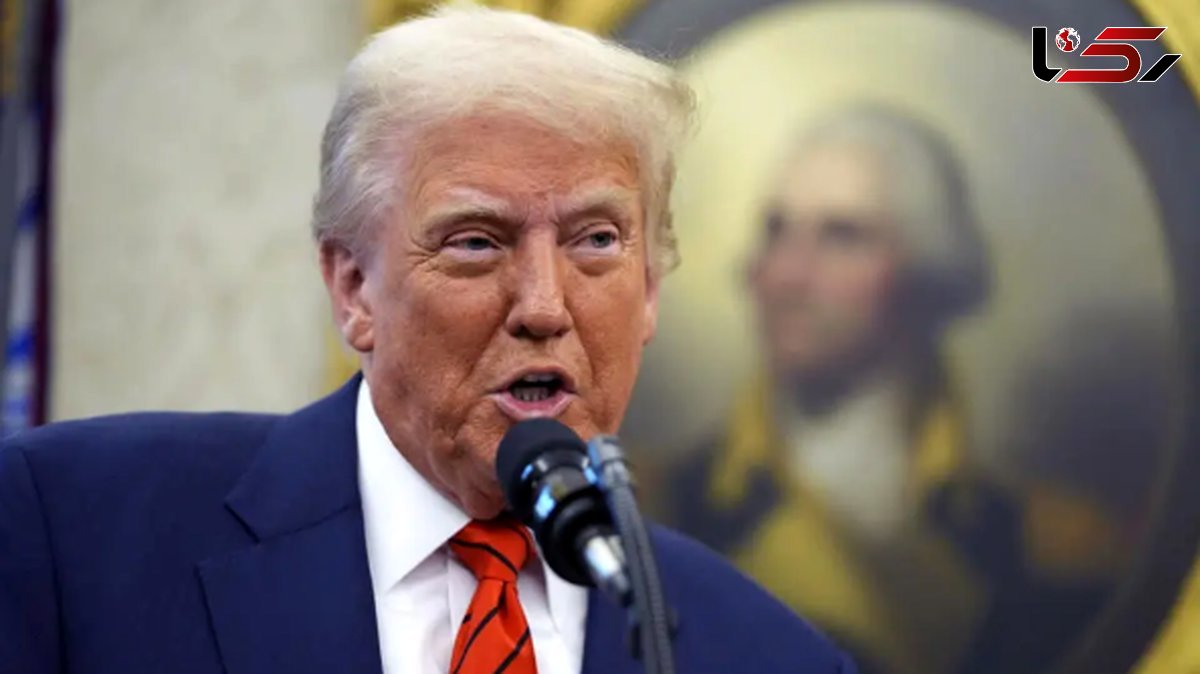Why Did Trump Accept Hamas’ Response?
Rokna Political Desk: U.S. President Donald Trump’s decision to accept Hamas’ response appears aimed at preempting potential opposition from Israeli Prime Minister Benjamin Netanyahu. However, Hamas’ reply does not signify full acceptance of Trump’s plan, suggesting that tensions between Israel and Gaza are likely to continue.

Sabir Gol Anbari, an expert on West Asian affairs, noted that Trump’s prompt announcement of Hamas’ response via social media was a strategic move to block Netanyahu from publicly rejecting the reply.
In an analysis titled “Why Did Trump Accept Hamas’ Response?”, Gol Anbari argued that while Hamas’ statement aligns with parts of Trump’s plan—such as the release of hostages, cessation of hostilities, full Israeli withdrawal from Gaza, and transfer of Gaza administration to a committee of Palestinian technocrats—it indirectly rejects other provisions, including disarmament, Gaza’s long-term status, and the presence of foreign forces.
Several factors explain Trump’s decision to accept the response:
1. Hostage Leverage: Both Trump and Netanyahu sought to capitalize on Hamas’ agreement to release Israeli hostages, removing a key source of pressure. While Hamas’ partial acceptance does not satisfy all of Trump’s demands, freeing hostages—even in exchange for around 250 Palestinian prisoners and roughly 2,000 other Gaza residents—limits Israel’s justification for continuing operations. Even if Israel resumes attacks under the pretext of disarmament, it cannot continue the previous level of forced displacement or starvation.
2. Limited Options for Trump: By sending the response, Hamas essentially left Trump with two choices: accept or reject it. Previously, Trump had threatened unprecedented retaliation if Hamas rejected his plan, but he knew that few leverage points remained unexploited against Gaza. Measures such as relocating Gaza residents were politically unfeasible for a president seeking international recognition, including a potential Nobel Peace Prize, and faced strong regional and global opposition.
3. Hamas’ Strategic Framing: Hamas skillfully structured its response to create a pathway for Trump’s acceptance while safeguarding its own interests. The statement began with praise for Trump, emphasized agreement on key points like hostage release and Gaza administration by technocrats, and softly signaled indirect rejection of other provisions, deferring to Palestinian national consensus and international law.
Gol Anbari concludes that Trump’s swift acceptance of Hamas’ response not only prevented Netanyahu from rejecting it but also provided Trump with a symbolic political and diplomatic win amid challenges such as the Ukraine conflict and tensions with Iran. Hamas, meanwhile, leveraged the opportunity to halt or mitigate hostilities in Gaza and secure international attention.
Send Comments